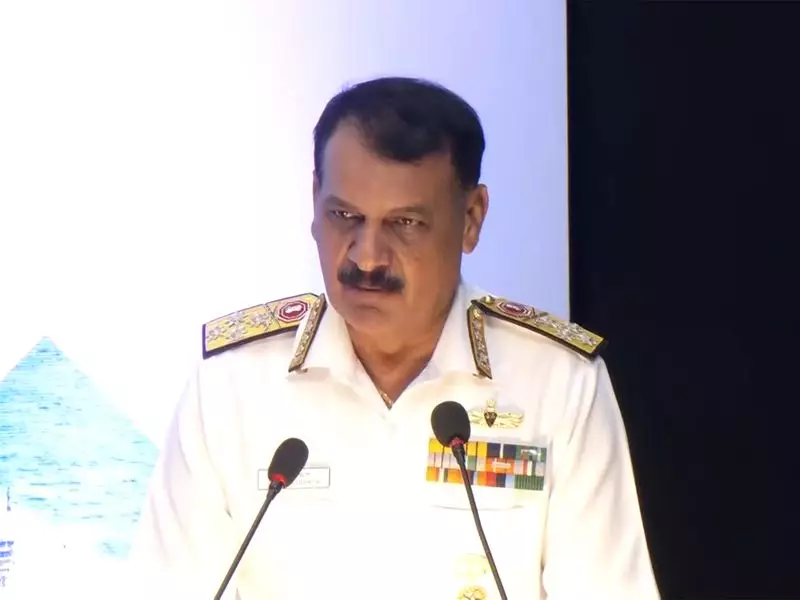
The recent Red Sea security crisis has served as a stark warning about how vulnerabilities at key maritime chokepoints can create shockwaves across global freight indices and directly impact food prices worldwide, according to Indian Navy Chief Admiral R. Hari Kumar.
In a significant revelation, the Admiral highlighted that the attacks on commercial shipping in the Red Sea region demonstrated the interconnected nature of global trade and how disruptions in one critical waterway can ripple through the entire international economic system.
The Domino Effect on Global Commerce
The crisis, primarily driven by Houthi attacks on merchant vessels, forced major shipping companies to reroute their cargo ships around the Cape of Good Hope. This dramatic detour added thousands of nautical miles to journey times, significantly increasing shipping costs and causing massive delays in global supply chains.
The extended transit times and heightened insurance premiums immediately reflected in global freight indices, showing how quickly regional conflicts can translate into measurable economic impacts across continents.
Direct Impact on Consumer Prices
Perhaps more concerning for ordinary citizens was the direct correlation between maritime disruptions and essential commodity prices. The shipping delays and increased transportation costs began filtering down to consumer markets, particularly affecting food prices as perishable goods and agricultural products faced longer transit times.
This connection between maritime security and kitchen table economics has never been more apparent, with the Red Sea situation providing a real-time case study of how geopolitical tensions in distant waters can eventually hit household budgets.
Strategic Implications for Maritime Security
The Indian Navy's response to the crisis involved deploying multiple destroyers and frigates to secure the region, escorting numerous merchant vessels and ensuring safe passage through troubled waters. This proactive stance underscores India's growing role as a security provider in critical sea lanes.
The experience has highlighted the urgent need for enhanced international cooperation and coordinated naval presence in vulnerable chokepoints to prevent similar disruptions in the future.
As global trade continues to depend on these narrow maritime arteries, the Red Sea crisis stands as a powerful reminder that the security of sea lanes is not just a naval concern but a fundamental requirement for global economic stability.





